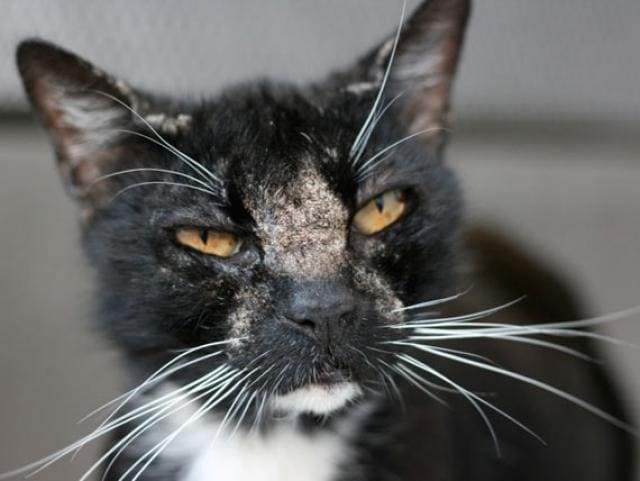
27 rader Cats who spend significant unsupervised time outdoors tend to survive to be about 7 years old while indoor-only cats can be expected to live to around 14 years of age. Indoor-only cats should have access to several rooms.

Indoor-only cats should have access to several rooms.
How long do house cats live for. 27 rader Cats who spend significant unsupervised time outdoors tend to survive to be about 7 years old while indoor-only cats can be expected to live to around 14 years of age. These numbers may seem low but they represent an average of the lifespans of ancient well-cared-for kitties. Unfortunate individuals who died early from disease or accident.
And everybody in between. How long do cats live. Domestic cats can live for up to 20 years Factors such as diet healthcare and environment can have an impact Neutered cats tend to live longer Cats have six key life stages which can help to understand certain healthbehavioural problems.
How long do house cats live for. Due to the owners care the lack of external sources of danger and more comfortable living conditions the average lifetime of a house cat is 15-18 years. At the same time it is a guess.
The time a cat lives at home depends upon both the personal characteristics of the animal and the quality of the care. How long do domestic cats live. Indoor cats 9 to 15 years Outdoor cats 56 years.
The American Veterinary Medical Association advises cat owners that it is generally safer to keep cats indoors and that indoor cats tend to live longer lives. Cats that stay inside have an average lifespan between 10 and 15 years on average with many living well into their teens and twenties. How Long Do Outdoor Cats Live.
Taking into account all factors breeds and causes of death the average lifespan of the cat is between fifteen and seventeen years. Anyone with a cat in their life will know that theyre probably going to stick around for a while with the average lifespan of indoor house cats these days hitting an impressive 12 to 15 years. This has increased dramatically over the past few decades with the average cat living to just seven years in the early 1980s and just over nine years in 1995.
Some cat breeds fall slightly short of the average cat lifespan of 15 years. For instance Manx cats only live around eight to 14 years on average and Singapura cats live around nine to 15 years. Munchkin cats have an average lifespan of 12 to 14 years.
How to Help Your Cat Live Longer. Based on a survey of 10 reputable sites that discuss the average domestic cat the numbers are more inconsistent ranging from 10 to 20 years. The average lifespan of a cat overall in the UK is 14 years according to a study carried out by the Royal Veterinary College.
The study which looked at the deaths of 4009 randomly-selected deceased cats in 2015 found that crossbreed cats had an average life expectancy of 14 while purebred cats had a lifespan of 125 years. However it isnt uncommon for indoor cats to live to at least 20. The lifespan always depends on the individual cat.
Some cats pass away well before 13 while others live long past 17. A lot of factors go into how long a cat will live. The longest life recorded for a domestic cat was twenty-eight years but most indoor cats live for between twelve and sixteen years.
Indoor or Outdoor Long Life or Short. Cats that are allowed to roam outdoors live short lives and come home with unpleasant surprises or simply disappear. Why Cats Disappear but How They Come Back Home.
Many do and many dont. It depends on why they ran away to begin with but the good news is that many cats are equipped with two impressive abilities. An experiment in 1954 by German researchers revealed some interesting findings.
They placed cats in a large maze. Bear in mind that indoor cats require lots more of your time and effort to be happy and healthy. Tips for keeping house cats happy.
Provide a litter tray in a quiet place. Cats are often reluctant to use a dirty tray or one located in a busy area. Ensure your cat has enough space.
Indoor-only cats should have access to several rooms. Indoor cats also tend to be fed more regularly with high-quality nutrition have access to water and stable shelter and receive regular vaccinations to help prevent infectious disease. While the studies that have been done vary slightly in results indoor cats live on anywhere from 14 to 20 years with the average being 16875 total years.